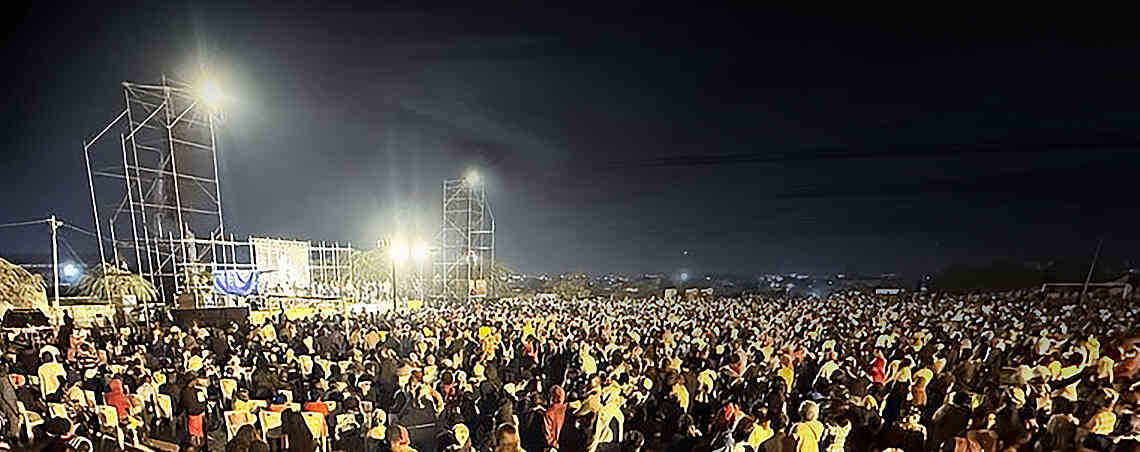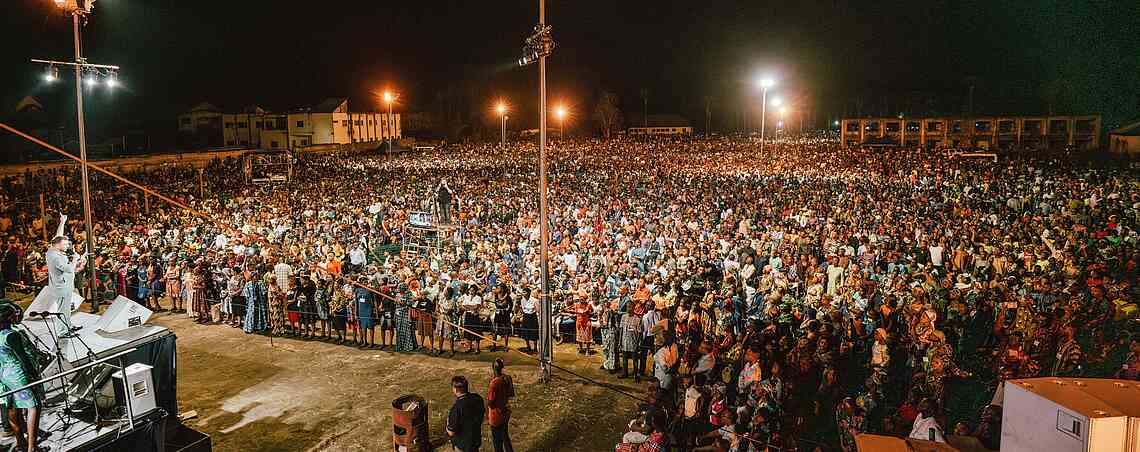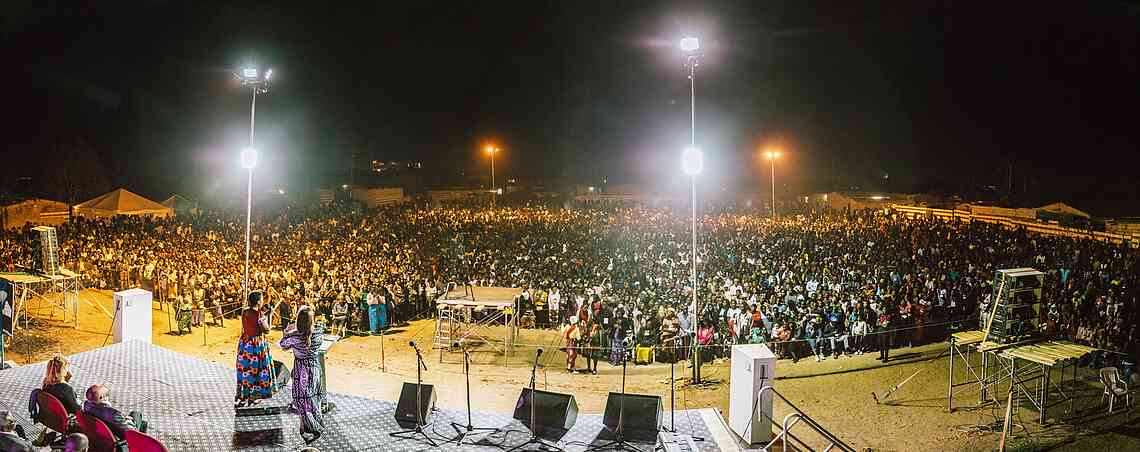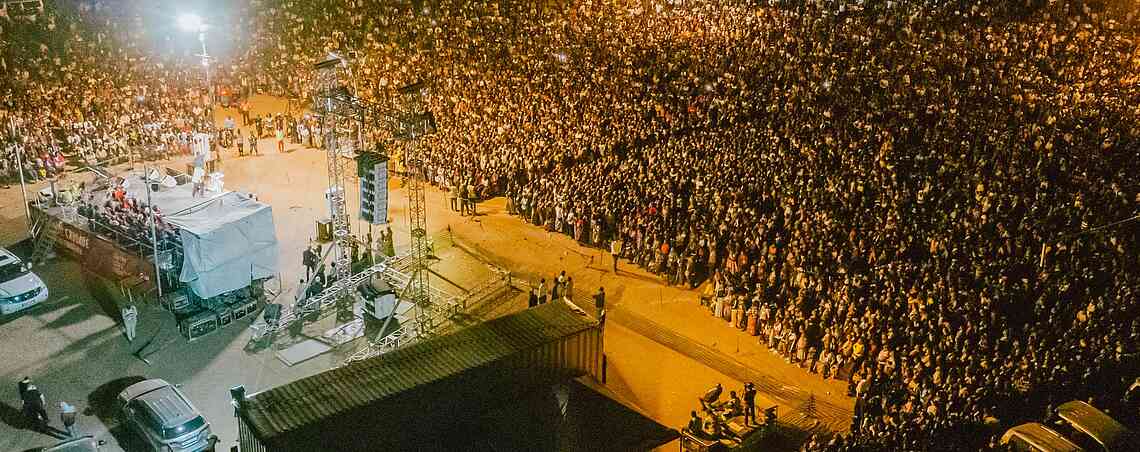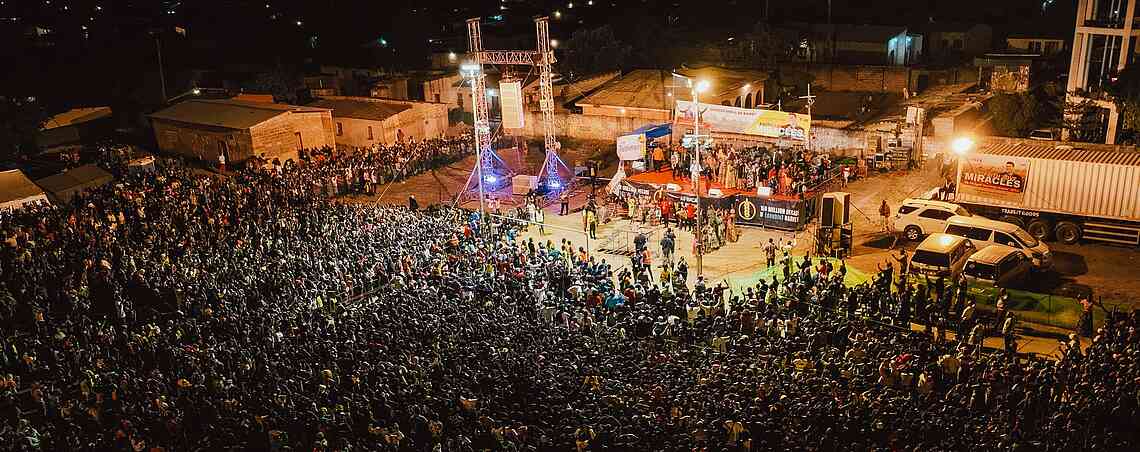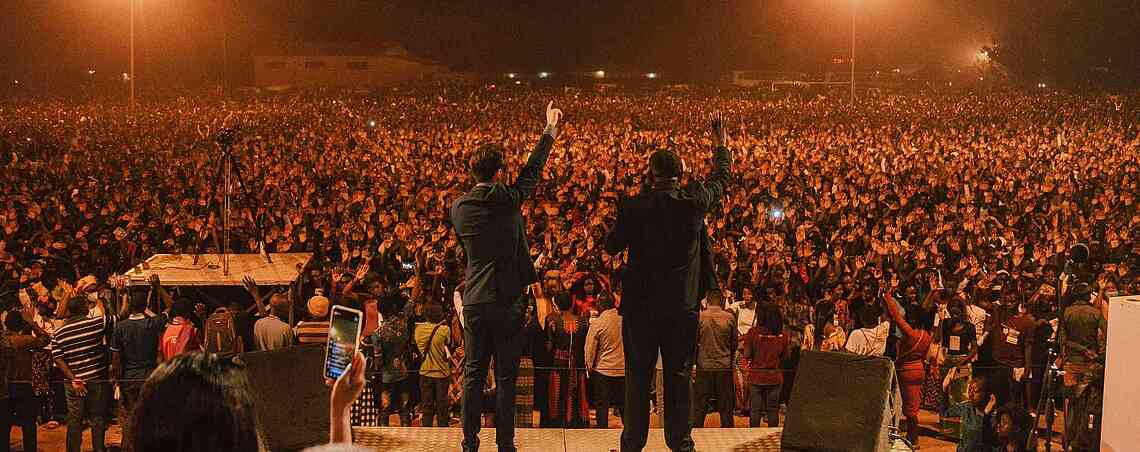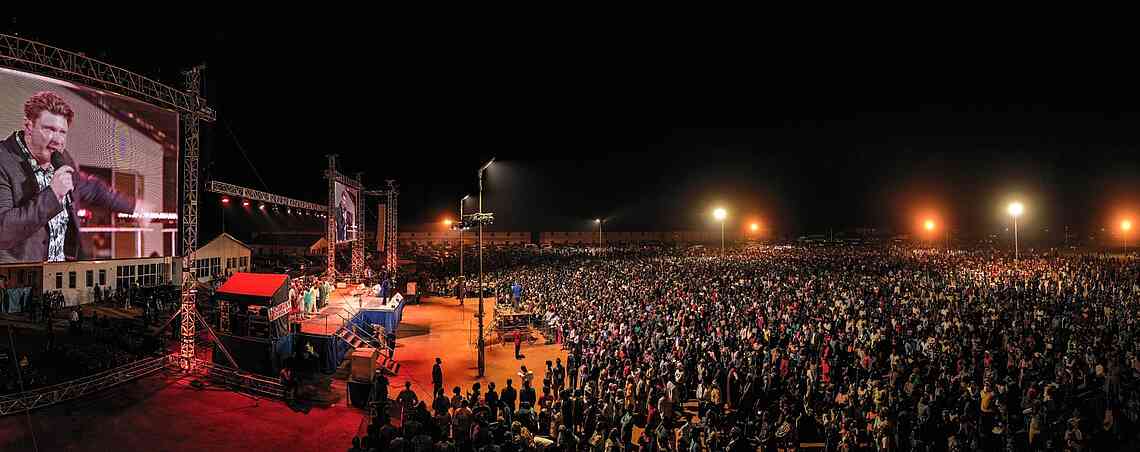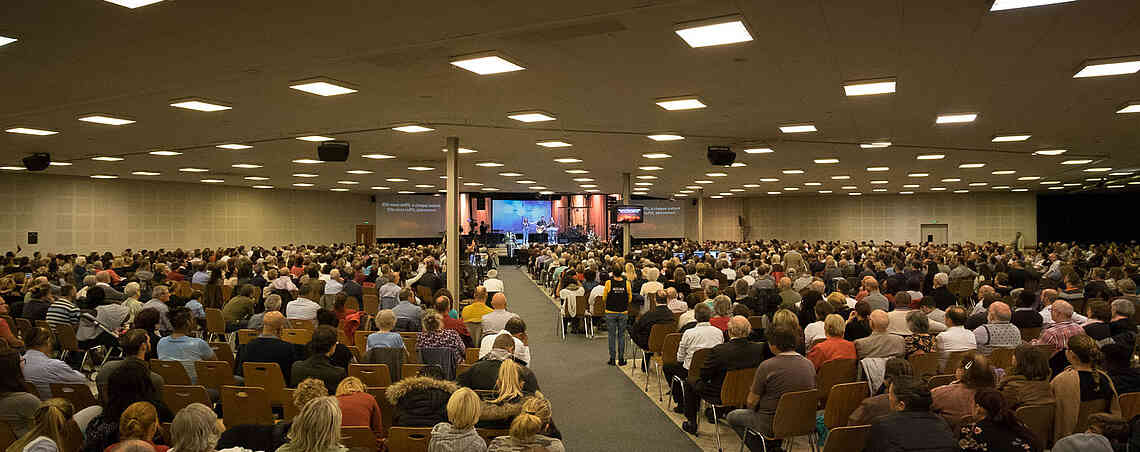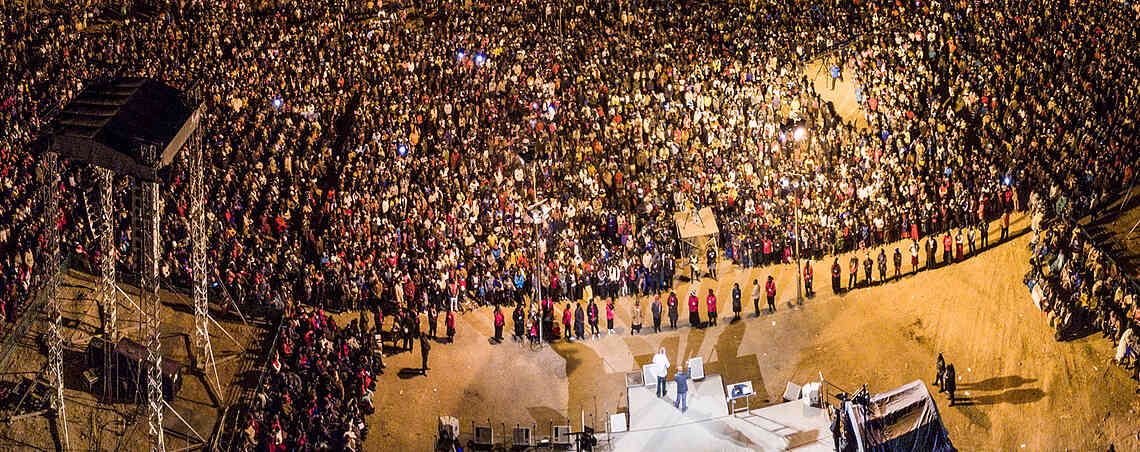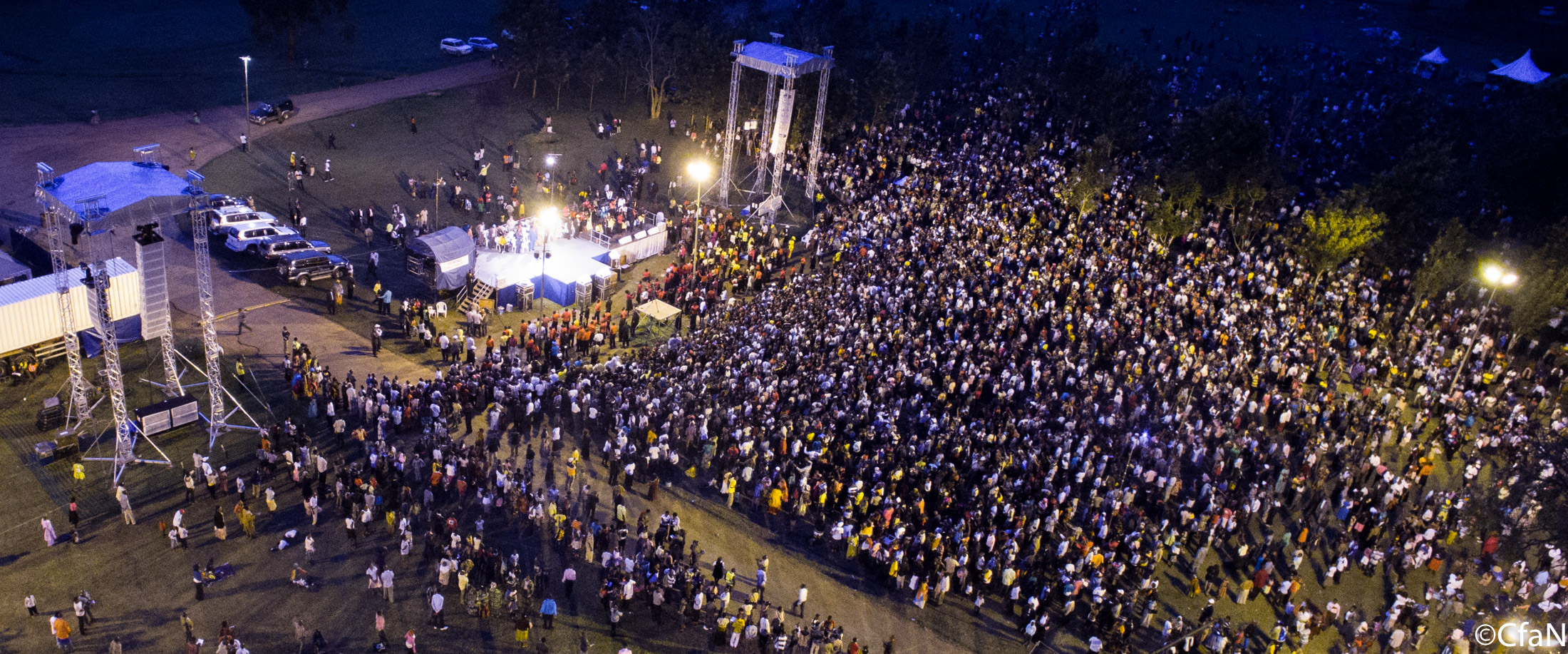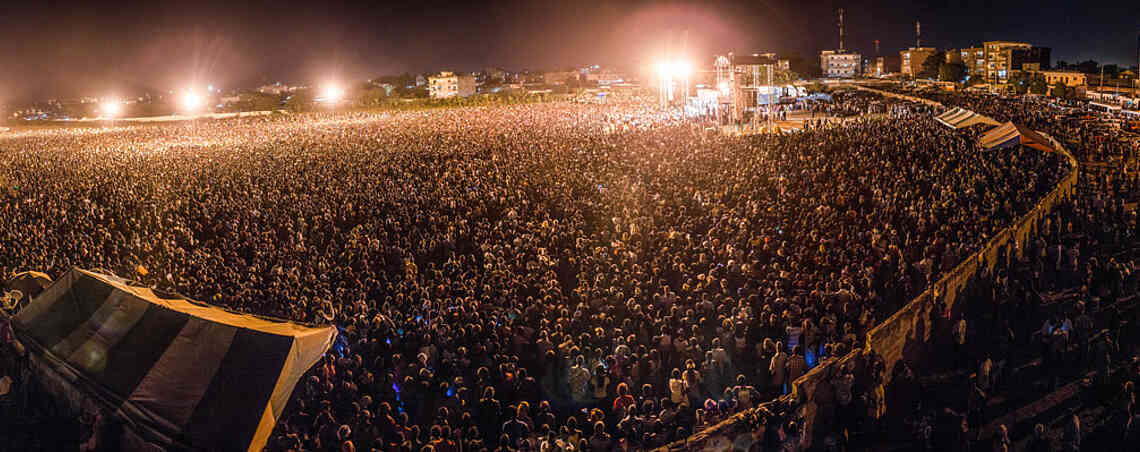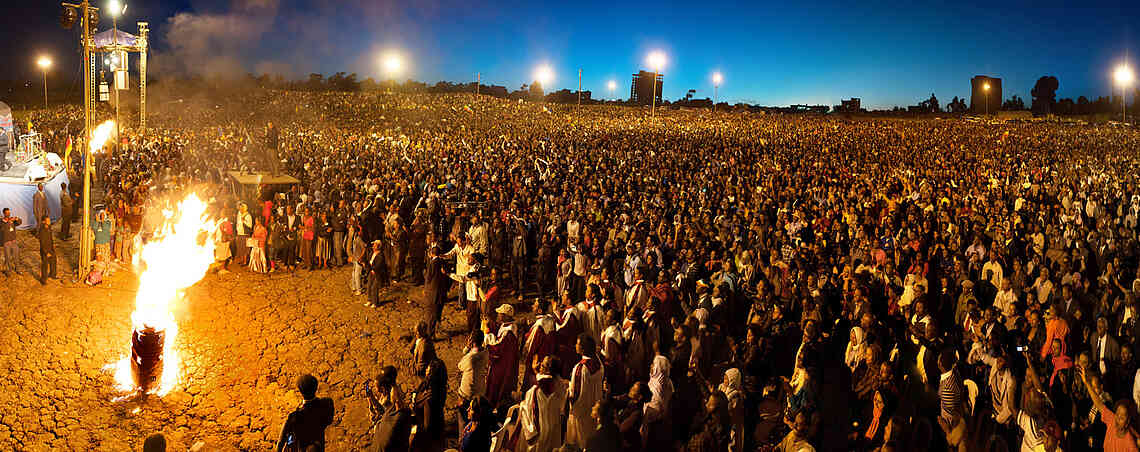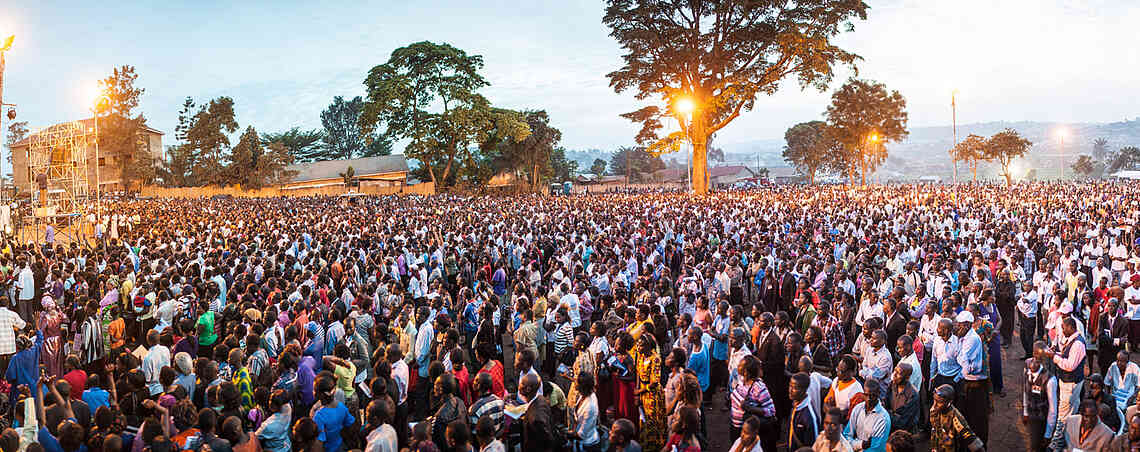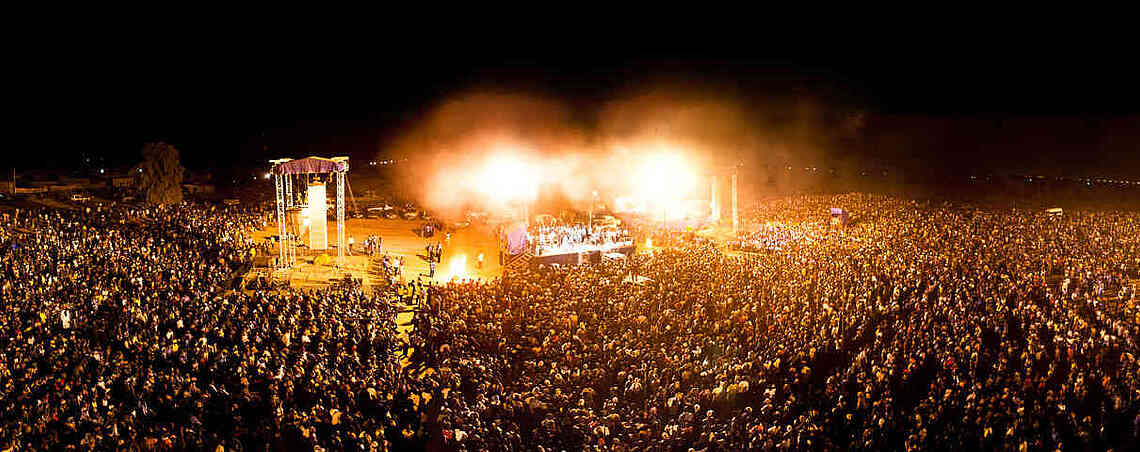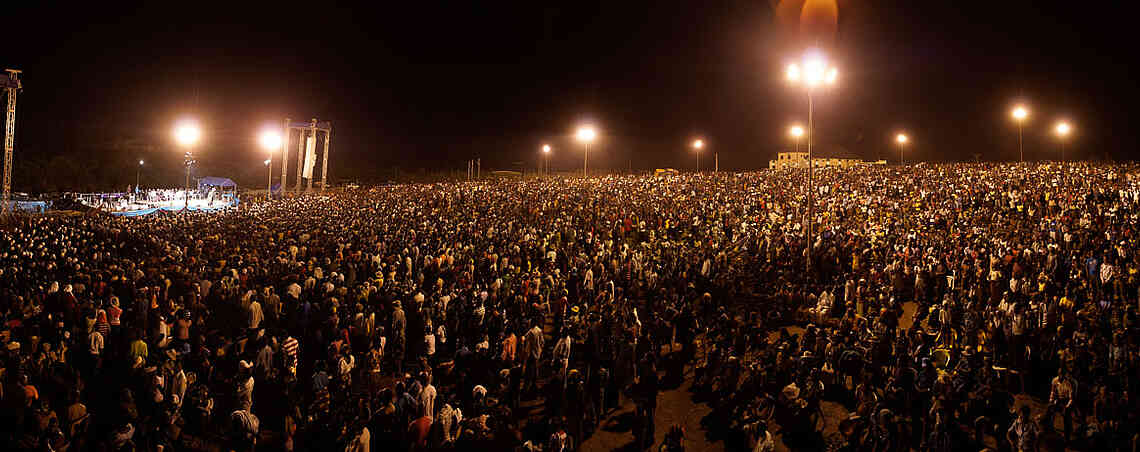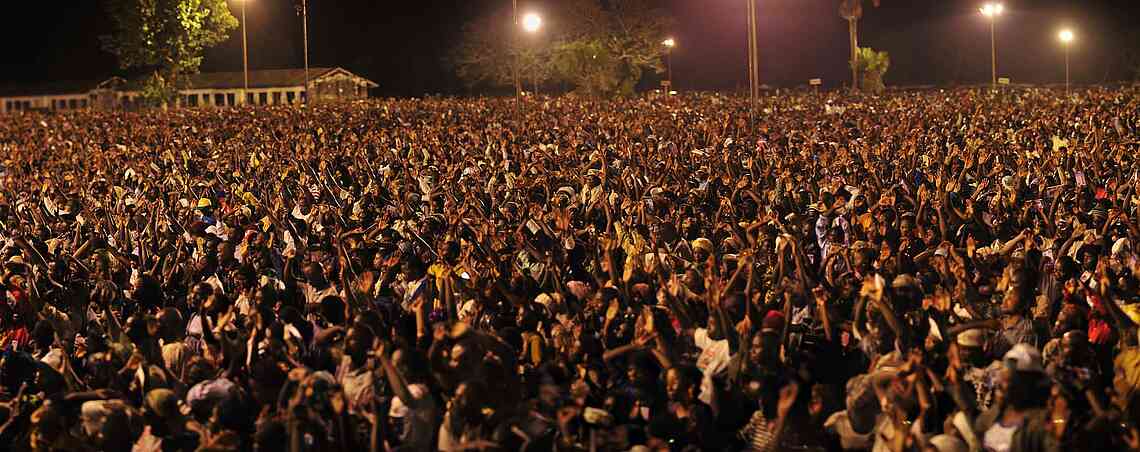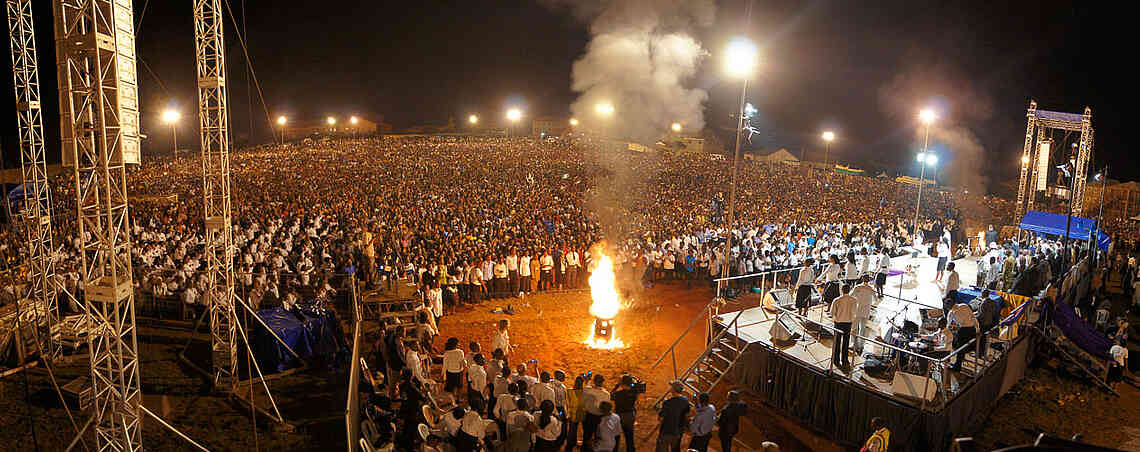
Bible Study
Spiritual Warfare Demystified
If you’ve ever ridden a bicycle, you probably already know that you can feel a hill, even if you can’t see it. Some grades are too subtle to be observed. But your legs don’t lie. They know when progress is hard and when it is easy. They can feel even the slightest elevation that resists their effort.
Just as there is physical resistance, there is also spiritual resistance. The apostle Paul told the Ephesians, “Our struggle is not against flesh and blood, but against the rulers, against the authorities, against the powers of this dark world and against the spiritual forces of evil in the heavenly realms” (Eph. 6:12). One obvious takeaway from the above verse is that though it may be unseen, the struggle is real. Like riding that bike up a subtle but definite slope, we do not usually see the actual forces pushing back on our progress. But we sense them nonetheless.
Our spiritual legs do not lie. At that point, we must choose to dig in, push back, and endure until we finish the course. This sense of unseen resistance is what Christians often identify as
spiritual warfare. Maybe they are getting ready for a mission trip and one thing after another goes wrong. It feels as if someone is actually trying to sabotage their plans. Or maybe they are experiencing unusual challenges with their children or marriage that seem sinister. Or perhaps odd sicknesses keep popping up in someone’s body. Or their finances seem to be under unrelenting assault. All of this resistance feels as if it is coming out of nowhere, and there is the distinct impression it comes from beyond the natural realm. It is not always obvious what to do during such times in life. Let’s discuss what spiritual warfare really is and get some wisdom on how to prepare for it.
THE TERMINOLOGY
Like many useful terms the phrase spiritual warfare does not appear in Scripture as such. The wording is instead rooted in the use of scriptural military analogies to show how Christ followers are to prepare for and repel evil, in the form of both injustice and temptation. Perhaps the most famous example is found in the close of the apostle Paul’s letter to the congregation of believers in Ephesus.
A final word: Be strong in the Lord and in his mighty power. Put on all of God’s armor so that you will be able to stand firm against all strategies of the devil. For we are not fighting against flesh-and-blood enemies, but against evil rulers and authorities of the unseen world, against mighty powers in this dark world, and against evil spirits in the heavenly places. Therefore, put on every piece of God’s armor so you will be able to resist the enemy in the time of evil. Then after the battle you will still be standing firm. Stand your ground, putting on the belt of truth and the body armor of God’s righteousness. For shoes, put on the peace that comes from the Good News so that you will be fully prepared. In addition to all of these, hold up the shield of faith to stop the fiery arrows of the devil. Put on salvation as your helmet, and take the sword of the Spirit, which is the word of God. Pray in the Spirit at all times and on every occasion. Stay alert and be persistent in your prayers for all believers everywhere.
Ephesians 6:10–18
A soldier in the ancient Roman Empire would put on his complete battle gear before engaging the enemy. Likewise, says Paul, we should also be fully dressed in spiritual armor – with both the defensive and offensive components – designed to protect and advance our spiritual lives.
GET DRESSED
At this point you may expect me to do a point-by-point commentary on God’s armor to show how each piece functions spiritually. For example, people often say salvation is a helmet because it protects our minds, etc. However, I don’t think this is what Paul is trying to say. He is rather using the whole armor as a metaphor to help us understand the way spiritual battles are fought in general. Just as physical battles are fought with physical weapons, spiritual battles involve spiritual implements. That is Paul’s main point. It is not that righteousness protects only our hearts while salvation protects only our minds. That kind of interpretation takes the metaphor too far.
We know this because Paul uses similar metaphors in different ways elsewhere. For example, although faith is a shield in Ephesians, it takes on other images in other contexts. It is a door in Acts 14:27 and a breastplate in 1 Thessalonians 5:8. The language is flexible.
Paul means that these are the kinds of provisions God has made available for our protection in the Spirit. Spiritual warfare requires us to cultivate the Spirit’s life into our actual characters. That means truth, righteousness, peace, faith, and salvation are more than godly
virtues. They are spiritual battle gear. We need these virtues in order to be good witnesses but also to be effective soldiers. We must therefore wrap ourselves in these spiritual defenses, to be prepared to combat all kinds of evil.
What’s more, Paul’s metaphor must be understood in its broader scriptural context.
Though he adapted the metaphor for his own purposes, Paul did not invent it. As Isaiah writes:
Yes, truth is gone, and anyone who renounces evil is attacked. The Lord looked and was displeased to find there was no justice. He was amazed to see that no one intervened to help the oppressed. So he himself stepped in to save them with his strong arm, and his justice sustained him. He put on righteousness as his body armor and placed the helmet of salvation on his head. He clothed himself with a robe of vengeance and wrapped himself in a cloak of divine passion. He will repay his enemies for their evil deeds. His fury will fall on his foes. He will pay them back even to the ends of the earth.
Isaiah 59:15 – 18
Again, if the helmet of salvation means that salvation is meant to protect the mind of the Christian, then why does God put it on in this passage? He does not need salvation. These virtues refer rather to attributes of God’s character that take on a whole new meaning in the context of spiritual warfare. This is why we must not interpret the armor pieces too strictly. However – and this is the main point – the armor metaphor does speak of its wearer’s intent to vanquish evil and injustice, with a passion fitting to all-out war. By borrowing Isaiah’s divine imagery and applying it to Christians, Paul is communicating to his readers that they should treat evil the same way the Lord does: as an enemy to be completely vanquished.
We are God’s children in peace; we are likewise His children in war. We put on salvation, righteousness, and faith so we can stand firm against the strategies of the devil as we fight against evil rulers and authorities in the unseen world.
THE RADICAL NORMALITY OF SPIRITUAL WARFARE
For many Christians – especially Charismatics and Pentecostals – the idea of spiritual warfare is often acted out in physical ways. You will sometimes see prayer meetings with intercessors waving flags, blowing shofars, and so on. It is crucial for us to understand, however, that most spiritual warfare is not fought this way at all. Spiritual warfare often takes on the most mundane of appearances. Some of the most destructive things a Christian can do to Satan’s dark kingdom occur through a life of purity, acts of kindness, Christlike forgiveness, humility, and self-sacrifice.
Even when spiritual warfare does become outwardly dramatic and physical, it often looks like anything but an impressive victory. Consider the ultimate spiritual weapon: the blood of Jesus is the thermonuclear bomb of spiritual warfare that has forever changed the game and has already rendered Satan a defeated foe. The cross of Christ was the ultimate act of spiritual warfare. Yet it hardly looked like a dramatic display of eternal military might. On the contrary, it looked like utter weakness, total loss, and complete failure. What seems powerful and effective in the flesh is often completely impotent in the spiritual realm.
Likewise, what seems weak and small to the human eye can make the realms of darkness tremble. The most effective spiritual warfare occurs below the surface, in the depths of our character, godliness, and sacrifice. None of this is to say there are no outward expressions in spiritual warfare. But I want to stress this more fundamental point.
Shofars and banners are not listed anywhere in Scripture as weapons for spiritual warfare. In fact, to emphasize how practical spiritual warfare is, consider the armor listed for us in Ephesians: truth, salvation, righteousness, the gospel of peace, faith, and God’s Word. These are all invisible attributes made visible only by a Christian lifestyle. Indeed, they are the very root of victory in any spiritual battle. If Paul’s message in Ephesians is not clear enough about this point, consider the way he frames spiritual armor in Romans.
This is all the more urgent, for you know how late it is; time is running out. Wake up, for our salvation is nearer now than when we first believed. The night is almost gone; the day of salvation will soon be here. So remove your dark deeds like dirty clothes, and put on the shining armor of right living. Because we belong to the day, we must live decent lives for all to see. Don’t participate in the darkness of wild parties and drunkenness, or in sexual promiscuity and immoral living, or in quarreling and jealousy. Instead, clothe yourself with the presence of the Lord Jesus Christ. And don’t let yourself think about ways to indulge your evil desires.
Romans 13:11-14
Notice this military terminology is being used to address our own personal war against sin. I want this to be clear – biblical spiritual warfare begins in us. Here Paul specifically emphasizes that our spiritual armor does not merely protect against outside evil powers but also against the internal, personal practice of sin. Paul admonishes his readers in both passages to protect themselves against evil and sin by wearing right thinking, pure actions, and the actual presence of God.
Paul uses strong military language out of a deep concern for the personal holiness of his audience (which includes us). He encourages them to prepare for battle against temptation. And once they have done everything possible to get ready, he encourages them to rise up and actually fight the battle.
GET READY; STAY READY
Getting dressed for battle is no small task. Modern soldiers carry more than sixty pounds of gear, and longer patrols can more than double that amount! Needless to say, people don’t go through the effort to prepare like that unless they are going to war. That is true today, and it was true two thousand years ago when Paul wrote Ephesians. Nobody prepares like this to go shopping. To be clothed for war signals the intention to fight.
We gear up because we understand we are in a spiritual battle. Therefore, we don’t naively walk around unarmed and oblivious like private citizens. The mindset of a warrior is different than the mindset of a civilian. Paul refers to this warrior mentality when he tells Timothy, “Join with me in suffering, like a good soldier of Christ Jesus. No one serving as a soldier gets entangled in civilian affairs, but rather tries to please his commanding officer” (2 Tim. 2:3-4).
In fact, within its context all of the armor seems to be a matter of preparation and readiness.
You will notice that Paul does not specify the exact methods of fighting a spiritual battle in this passage. He rather emphasizes that we should be equipped and ready. In fact, he doesn’t talk much about the fight at all. His basic instruction is to get dressed and stay dressed in God’s armor, then stand and fight.
It is essential to be ready at all times because we just don’t always know when a spiritual attack is coming. Other times we may not initially be able to tell the difference between a spiritual attack and the normal difficulties of life. But a person who is ready for battle is able
to handle everything that comes his way. “Be alert and of sober mind. Your enemy the devil prowls around like a roaring lion looking for someone to devour. Resist him, standing firm in the faith, because you know that the family of believers throughout the world is undergoing the same kind of sufferings” (1 Pet. 5:8–9).
Without becoming superstitious or fearful, we stay ready for battle by keeping our hearts and minds aligned with Christ. Sometimes we will be under demonic assault, and other times we will simply be handling the volatilities of life. We will not always know which is which, but our preparation will assure that in every situation we are more than conquerors.
The supernatural realm is very real and it directly impacts our day-today lives. Often spiritual battles lie behind our everyday struggles. Though the spiritual world is invisible, we are not unaware of the enemy’s schemes. Through God’s Word and the power of the Holy Spirit we are equipped to be more than conquerors through Christ!
With doctrinally sound, practical teaching, Slaying Dragons shows how the demonic realm fits into orthodox thoughts on salvation, redemption, and kingdom life. Daniel Kolenda demystifies spiritual warfare to shine light on what the enemy is doing in your life and what you can do to slay every dragon you encounter.

























